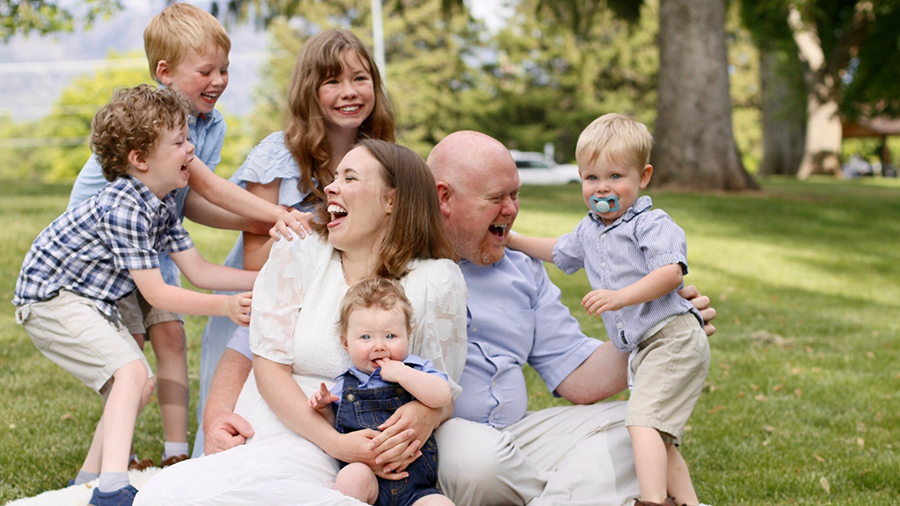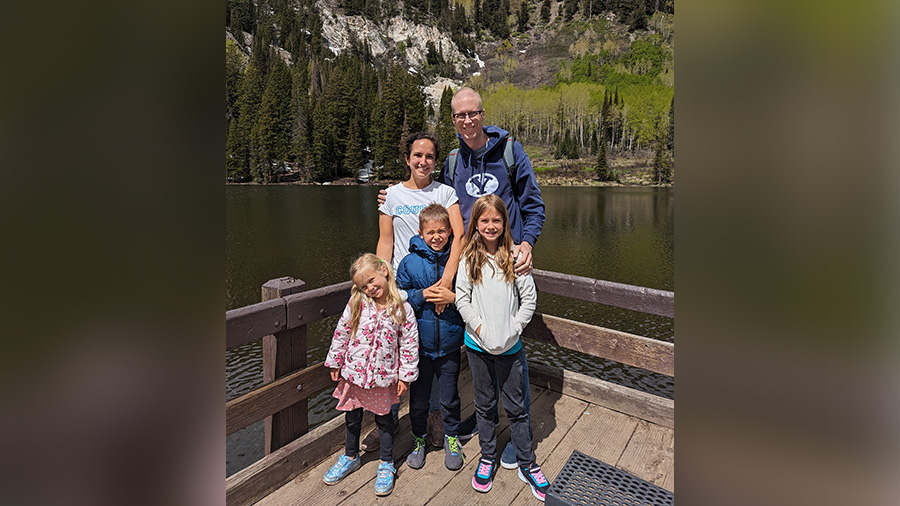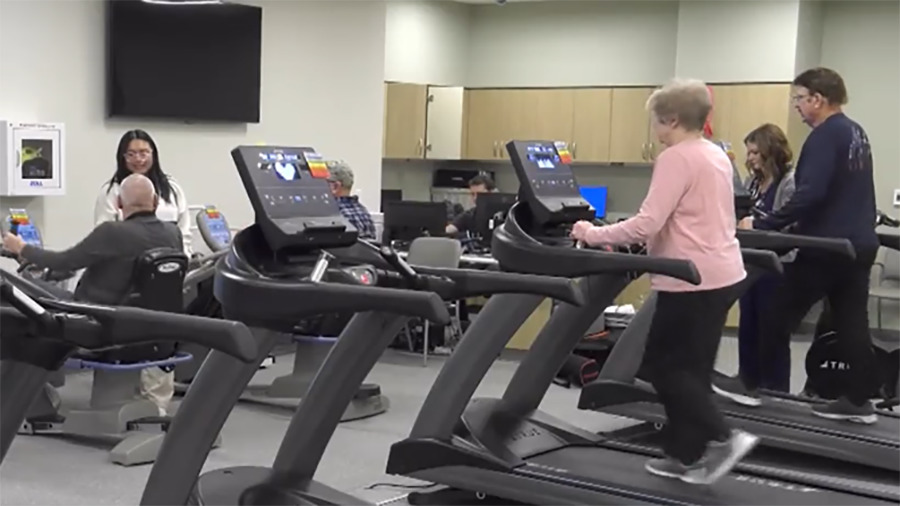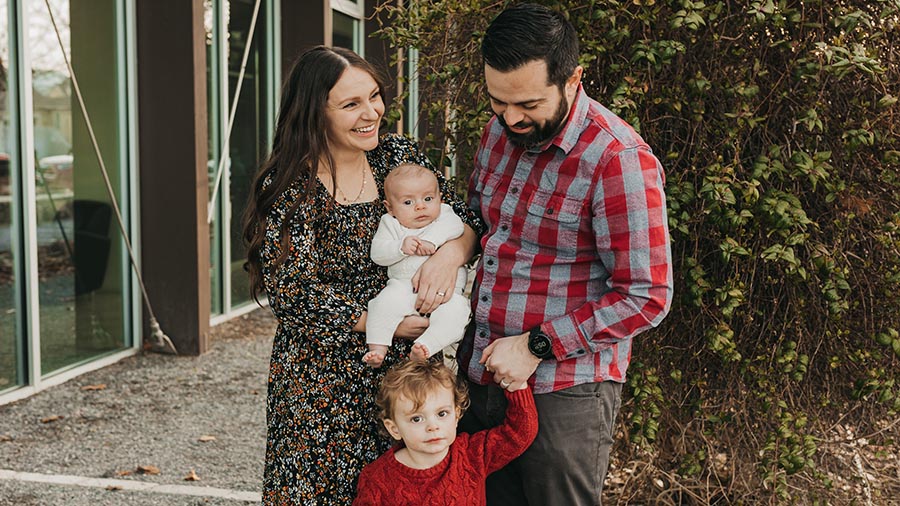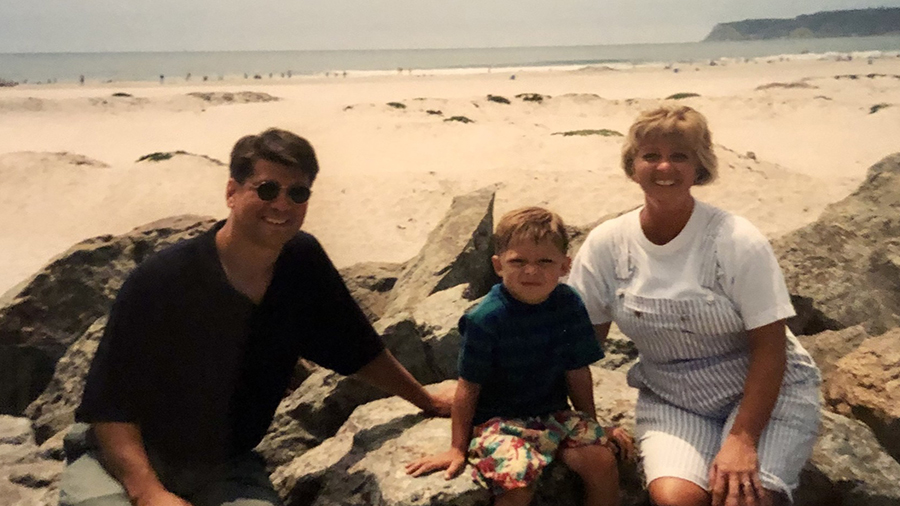Why protecting your child’s hearing should be top of mind this holiday weekend
Jul 20, 2023, 5:35 PM
SPANISH FORK, Utah — Summertime often means attending fun, loud events like rodeos, sporting events, and this holiday weekend, lots of fireworks shows. Protecting your child’s hearing during these events might not be top of mind for every parent, but one Spanish Fork mother shares why she takes this seriously.
Two-year-old Jaxson Thurston has been obsessed with monster trucks ever since he attended his first monster jam. Jax knows wearing headphones to loud events is part of the routine.
“We started using headphones around fireworks, parades, rodeos, anything you could think of,” Taryn Thurston, Jax’s mom said. “We’ve noticed that he started giving us signs saying it’s too loud, or covering his ears, and that’s when we realized he starting to learn how important it was for him to not only protect his hearing but help keep him from getting hurt.”
Thurston is vigilant about protecting her son’s hearing since she knows firsthand what it’s like to live without it. “I was born deaf. We don’t know why and I started to wear hearing aids and after that, I wore cochlear implants. So it was a big process for me to learn how to use cochlear implants. It changed my life,” she explained.
Thurston has managed but won’t take the risk for her son. “Our job as a parent is to make sure that we protect that,” she urged.
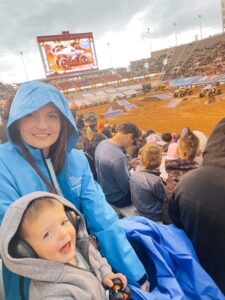
Jaxon Thurston’s parents protect his hearing at a monster truck jam having him wear headphones. (KSL TV)
She reminds parents that young kids are sometimes not capable of communicating that an event is too loud or that their ears hurt.
Dr. Omar Juarez, a clinical audiologist at Intermountain Health of 14 years, said young ears are often more sensitive.
“Especially in firework-type situations. Those are explosions,” Juarez said. “Usually, one of those explosions is dangerous because it’s about 140, 150 decibels [and] it’s happening all at once, and for so many people that is enough to damage their hearing.”
So how can parents gauge whether an event is too loud? Juarez said it’s simple.
“If you’re in an environment where you’re talking to a person at an arm’s length, and then you have to change your voice to be heard– you’re having to raise the tone of your voice, then it is too loud for anybody,” he explained.
Juarez recommended a couple of precautions.
First, keep your distance from loud noises. “Go to a professional show where they keep everybody away from the sound,” he said.
Second, use over-the-ear ear muffs for your littles instead of foam earbuds, which tend to offer better protection. “The earmuffs go completely all the way around,” he said.
For foam earbuds to be effective, Juarez said they need to be completely sealed in the ear. “You have to have a complete seal in your ear for that to be effective, and that’s why the ear muffs are more appropriate for children because once you put them around it is hard to make a mistake if you’re encircling the whole ear,” he explained.
Thurston is seeing the benefits of training Jax early on. “There’ll be times where he doesn’t have headphones on, he’ll be covering his ears and be like, ‘Mom, I need my headphones!'” she said.
“Start to train your children to protect their hearing from early on so they don’t learn the bad habits that some of us have,” Juarez advised.
Thurston knows the extra measures will pay off in the long run. “The cost of hearing aids, cochlear implants, speech therapists, all that stuff– it’s just not worth risking your child’s hearing, because once you lose it, you can’t get it back,” Thurston said.
In addition to summer events, Juarez tells people to use hearing protectors for other loud household activities like mowing the lawn or using a saw. He said riding a motorcycle without ear protection or working a loud factory job can do damage over time. “One day like that wouldn’t hurt you, but year after year of doing the same thing– it takes a toll on human hearing,” Juarez said.
He says the EPA regulates the headphone industry well so most headphones consumers find on the market advertised as hearing protectors will be effective.


